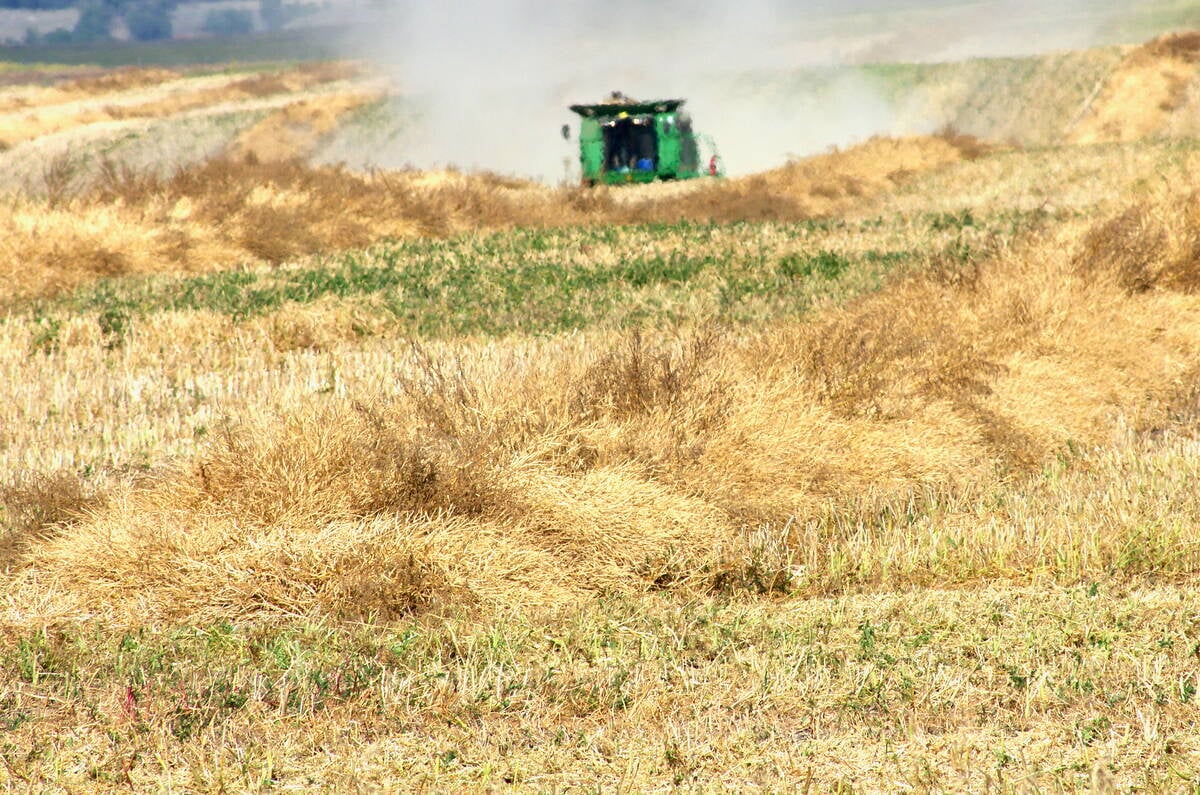EDMONTON – Farmers can take advantage of the growing unease that consumers are feeling toward government and business, says the head of a market research company.
Allan Gregg, chair of Strategic Counsel, told the recent National Agriculture Awareness Conference in Edmonton that Canadians are losing faith in government because it’s giving them bad government. He said governments are not being bold, innovative or willing to tackle problems in new ways.
“Canadians feel more vulnerable and alone than they have before,” he said.
Because of this unease, Canadians are turning toward family and looking to improve their quality of life, which partially means wanting high-quality food and an assurance that the food is raised in a healthy and safe environment.
Read Also

Manitoba searches for Plan B on canola oil exports
A new report explores Manitoba’s current canola oil trade and possible alternative markets to the U.S.
“One of the things we can control is what we eat,” said Gregg, who added 65 percent of the population is concerned about the safety of their food.
He told the conference that farmers and food processors should take a proactive role to let consumers know the food they eat is safe.
“They should have advertising campaigns around best practices and how the sector shares the public’s concerns, and being a leader of safety and food protection, and showing itself as being regulated and wanting to be regulated and wanting to exceed standards that governments might set on their own behalf.”
While agriculture is not on the public agenda, Gregg said Canadians who are surveyed will say agriculture is one area where they are not prepared to see foreign ownership.
“Made in Canada today is incredibly good marketing,” he said.
Rural Canadians also need to talk about the benefits of living outside the city and help stem the migration of people from country to city.
“It’s by tapping into quality of life and emphasizing the benefits of not living in grinding poverty in the city, not looking at the environmental degradation of cities,” he said.














